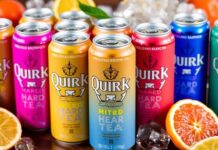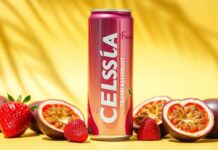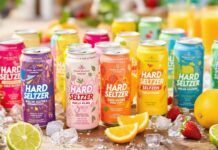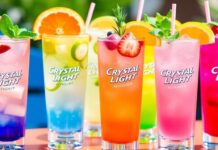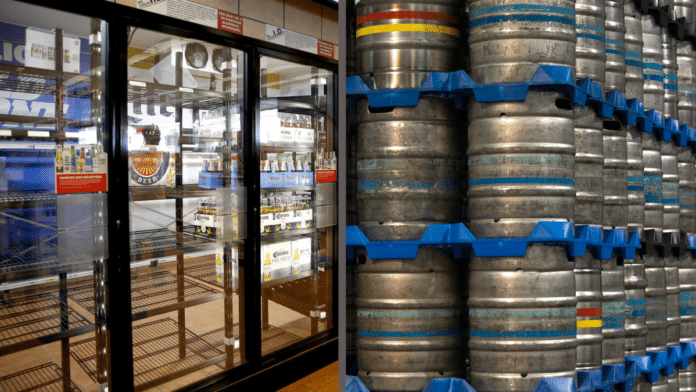Unprecedented buying behavior leads many consumers to try new brands.
Facing a new increase in COVID-19 cases in some localities as winter approaches, some US consumers are reportedly once again seeking to stock up on essential supplies. As many states are facing record high numbers of COVID cases along with their area’s first snowfall of the season, local outlets report that some people are feeling a sense of urgency to ensure they’re prepared for the unknown.
Forbes identified this behavior as “forward buying,” which occurs when “shoppers feel an urgency to purchase goods they may only perceive they might need” in an attempt to ease the fear of empty shelves. However, these anxious buying patterns have led consumers to new favorite brands in some cases. Forbes referenced a McKinsey study that found “36% of consumers tried new brands during the pandemic. Of them, 73% intend to continue to do so.”
Amidst a potential surge in new infections, businesses are uncertain whether we will face shortages the likes of which we saw in March and April. In those months, stores were sold out of supplies from cleaning products to toilet paper along with shelf stable and frozen foods. Indeed, many stores still limit the number of tissues or disinfectant wipes customers can purchase in one trip in an attempt to prevent such widespread shortages.
Walmart CEO Doug McMillon spoke to Yahoo Finance All Markets Summit about the challenges his company faces keeping certain items in stock. “Things are getting better, but we have a ways to go to recover. It will be choppy for months to come as we all deal with the volatility and as things change,” said McMillon.
“Today there has been some leveling out, but with the case counts coming back up there are some areas we see stock-up behavior again locally,” the CEO added.
Indeed, analysts at McKinsey don’t see the levels of panic buying characteristic of the early days of the pandemic returning anytime soon, arguing that “Demand patterns have started to normalize, supply chains are largely stable, and shelter-in-place orders are being lifted and replaced by physical distancing across the United States.” In other words, at this point most consumers know what we’re up against, and after seven months of COVID-19 in America, these times aren’t as unprecedented as they once were.
The aluminum can industry is still facing its own shortages
due to increased demand caused by the pandemic. With service at so many bars and restaurants still facing occupancy restrictions – or shutting back down entirely due to local spikes in cases – demand for kegs dropped and skyrocketed for cans, which consumers can enjoy safely at home.
Liquor stores have already been deemed essential businesses, allowing them to stay open and provide service during even the heaviest periods of lockdown. As the drinks industry shifts strongly toward more off-premise consumption, new brands of hard seltzer and ready-to-drink (RTD) canned cocktails continue to hit the market, further taxing the already stressed can supply.
Between the can shortage and consumer preferences to new products, will hard seltzer suppliers feel the impact? Both White Claw and Truly have been ramping up capacity in order to avoid blips in supply, such as the infamous White Claw shortage of late summer 2019.
Much of Boston Beer’s recent success is due to the popularity of Truly, and the company’s agile strategy toward dealing with industry changes brought on by the pandemic. The company recently reported 80 percent growth in Q3 2020 vs. the same quarter of 2019.
“We achieved depletions growth of 36% in the third quarter. We believe that our depletions growth is attributable to our key innovations, quality and strong brands, as well as sales execution and support from our distributors. As the COVID-19 pandemic continues, our primary focus continues to be on operating our breweries and our business safely and working hard to meet customer demand.”
Depletions growth refers to how quickly alcohol moves from the distributor’s warehouse (having already left the producer’s facility) to its final retail location. In other words, Truly is moving faster through the tiers of distribution, thanks in part to increased demand due to people drinking at home.
- Molson Coors Increases NA Foothold with La Colombe Coffee - September 15, 2021
- Half Time Beverage Adds Seltzer and Canned Cocktails Gift Packs - September 14, 2021
- Coming Soon: Great Lakes Agave Twist Ranch Water - September 13, 2021


